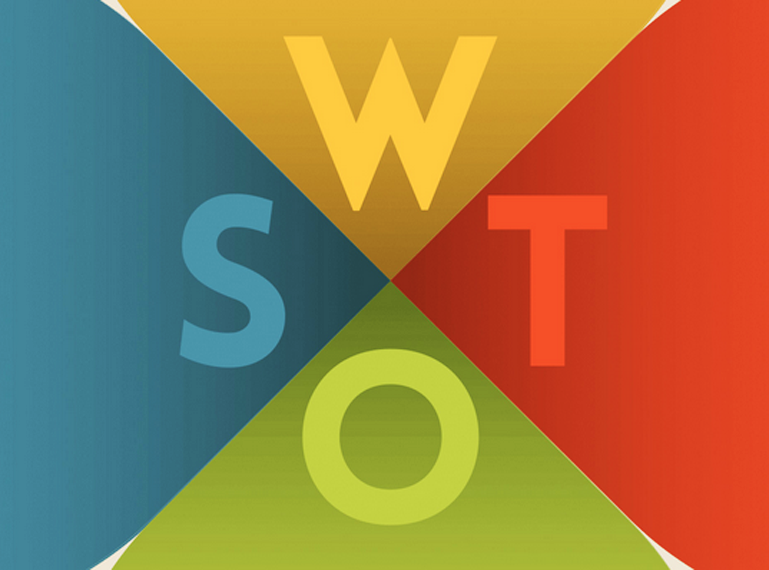“All happy companies are different: each one earns a monopoly by solving a unique problem. All failed companies are the same: they failed to escape competition. “ writes Peter Thiel in his last book : “Zero to One: Notes on Start Ups, or How to Build the Future”. “Zero to One” is an interesting and useful book about startups in general, and technological startups in particular. The book brings forward a controversial idea that might leave a bitter taste in the mouth of some readers:
“If you want to create and capture lasting value, look to build a monopoly”
In an article published on “The Wall Street Journal”, Peter Thiel explains what he intends for monopoly: “By “monopoly,” I mean the kind of company that is so good at what it does that no other firm can offer a close substitute.”
Peter Thiel is an entrepreneur, an investor and it is also known to be “enfant terrible” that likes to provoke controversy with some of his somewhat hedgy ideas. He was a co-founder of PayPal and other startups. To his credit and profit he was also an early investor in companies like Yelp and LinkedIn.
The history of this book is curious. When Peter Thiel taught a class in Stanford University about entrepreneurship, one of his students, Blake Masters, who became as well one co-author of this book, took valuable notes from the class. These notes became very popular and were even referred to in the New York Times. Those notes were revised and expanded, and became the basis of “zero to one”.
I really like when Peter Thiel writes that there’s no reason why the future greatest startup should happen only at Stanford (…) or in Silicon Valley”. That´s “music” to my ears because I don´t live in any of those places and I am developing a startup with other people. Of course, I recognize that to be at Stanford or in the Silicon Valley even in present days is still an advantage but not has important and crucial as it used to be.
In a way, the message of this book is partially similar to a very popular business book some years ago: “Blue Ocean Strategy: How To Create Uncontested Market Space And Make The Competition Irrelevant” by W. Chan Kim and Renee Mauborgne. Both books convey the message that companies should avoid competition and, if possible, create (or find) markets that grow fast, where it is possible to have some quick and critical advantage.
Peter Thiel argues that a startup should try to escape competition since the beginning. Ideally, they should search for an area of scarcity, which will lead the company to achieve some kind of monopoly in their sector like Google in relation to search engines, because a startup trying to develop in a competitive area, isn´t the most profitable way to do obtain profits.
The authors incites the reader to look for what we can learn from the example Bill Gates or Larry Page, but they highlight the necessity of adding something really new to the game and not settle for being a simple evolution of what exists now. He tells us not to forget that the next billionaires will not be the ones building an operating system or a search engine.
If you are developing a technological and software start-up, or actually any kind of startup, “Zero to One” stresses four key points that are essential to your success. These are:
1. Create some proprietary technology that is a creative advantage in relation to what exists now in the market. A big example is the search engine of Google.
2. Capture network effects. Everyone uses phone because everyone has a telephone. Facebook has one billion users because most users have a lot of friends who use that social network. Ideally, it should be fundamental to be part of the network for the company who has it
3. Obtain economies of scale. This is an old-school key point inherited from the industrial age of the 19th century, but it is still of great value today. Basically, if your sector has high fixed costs and low marginal costs it is very important to scale it quickly. This forces the competition to have very big pockets if they want to enter the sector. Imagine if you want to create an office to compete with Microsoft.
4. A brand becomes known when it is perceived as bringing value to costumers. Probably the biggest example now is Apple.
Of course, it is more easy to write about these four key points then to really find or create them. Personally, I am collaborating with one start-up ) and we are having some trouble to develop some of the key points stressed by “Zero to One”. These seem fit to large groups and corporations that have access to large sums of funding, but not viable to small scale startups and businesses.
It is also questionable whether we still are interested in an economic model that relies on monopolies to produce products to mass markets, such as apple or google, or if we are slowly shifting to an economic world with myriads of creative alternatives, that are much smaller, as specifically tailored to the needs of the various communities and populations.
Anyway I find Thiels four key points of great values, because they make us concentrate our attention on what is really important: to create an original product that brings value to people. The future will tell whether if we are successful or not.
Ivo Dias de Sousa is a Portuguese writer born in Mozambique. Ivo is also a Professor at Universidade Aberta, Portugal, giving courses on information management. Currently, Ivo is interested in using his experience on information management to construct applications (see http://windit-app.com/ ) for smartphones, in collaboration with others. Ivo holds a Master in Statistics and Information Management (Universidade Nova de Lisboa) and a Ph.D. in Information Management (Universidade Aberta). Amongst his main interests are information management, psychology of luck and literature.





























